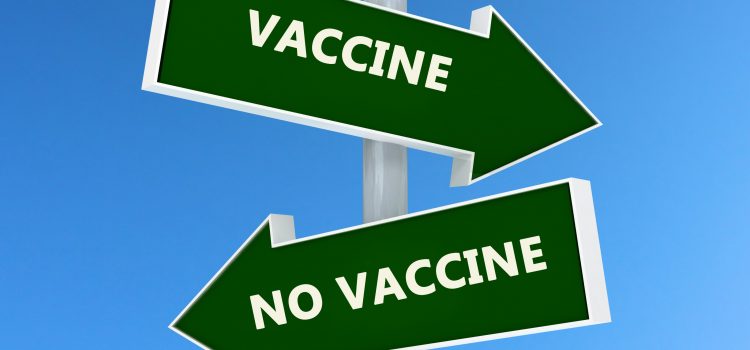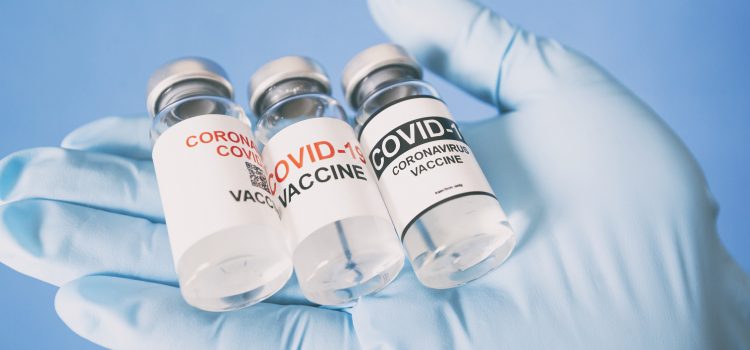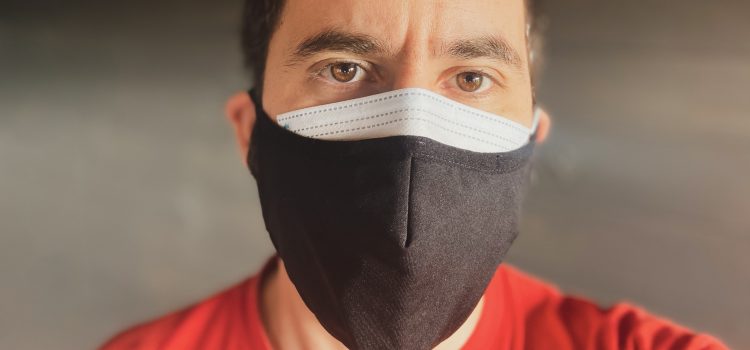The general public’s concerns about patients with COVID-19 tend to focus on the respiratory effects of the virus. Thrombotic events can endanger patients during and after related hospitalization, however, indicating that urgent care providers need to be aware of and vigilant for signs that recently discharged patients could fall prey to venous thromboembolism and other events. According to an article just published by The Lancet, patients who received rivaroxaban 10 mg/day for 35 days experienced …
Read More









